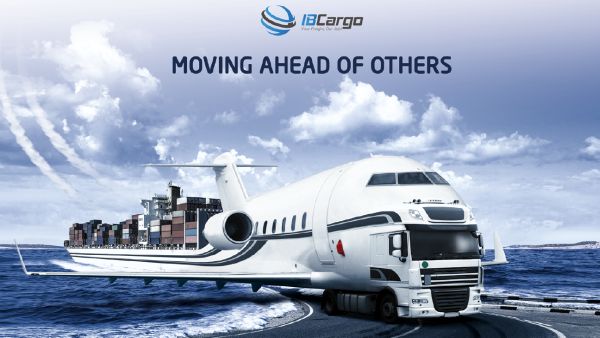1. How would you characterize the freight market in Romania in 2016? Has the business size met your expectations? Can you make a forecast in terms of growth for 2016 and 2017?
In 2016, we can certainly notice a national uptrend in the whole market. During 01.01-31.07.2016, Romanian exports grew by 2.9% and imports by 5.8%, compared to the similar period in 2015. The transport market always reflects the economical trade because most of the products are imported/ exported, so they are transported. This uptrend is also noticed in IB Cargo’s business and in 2016, we estimate ~20% growth. In 2017, our estimation is ~10%.
2. The Romanian fiscal system was subject to a major decrease in taxes. How has the VAT rate decrease affected the size of your business?
The decrease of the VAT rate encouraged the consumption. This is reflected in the increase of logistic demand in the retail area and in the increase of the imports.
3. In simple terms, can you tell us why your clients choose IB Cargo? What differentiates the company from its competitors?
We create customized solutions for freight forwarding, because we believe that personalization is the best way to continuously improve services. Our clients are long-term partners, because we never promise more than we can deliver and we believe that a catalyst for growth is the one stop shop approach we offer, reducing the number of suppliers that they must use.
4. What was the impact of technology in international shipments (sea and air) in 2016 and how does IB Cargo use the latest technological developments in order to increase efficiency?
We have to always improve ourselves in order to move ahead of others. Communications systems are the most important ones in our business, because we always have to be updated to the most efficient and fast ones, as we collaborate with partners worldwide and we have to be proactive in updating our clients.
In the last years, the global trend is that online technicians started to invest in automatic supply chain platforms that aspire to replace 3rd party logistic companies. Such models are still at the beginning, having trust and security issues. In the future, it might be useful for companies with huge volumes, global giants, to use this kind of automation, but for SME companies it will be difficult to migrate to such platforms, because they won’t have the same flexibility and high quality service in the same time and full solutions to logistical challenges or integrated door to door solutions.
5. Which sector has the biggest dynamics (maritime, road, air) in 2016? What is the forecasted share of each sector in 2016?
In 2016, we recorded the biggest dynamics in airfreight and domestic trucking. Also, we noticed an increased demand for premium urgent services and integrated solutions to our clients’ logistical situations.
The forecasted share by sector in IB Cargo’s business in 2016 is:
- Airfreight 30%
- LCL (sea freight groupage) 23%
- FCL (sea freight full containers) 13%
- Domestic Trucking 24%
- International Trucking 10%
6. Do you think it’s possible for the ‘Uber phenomenon’ to also take place in the international transports sector? What are the pros and what are the cons?
Uber started to test, since 2015, Uber Cargo in Hong Kong. It’s not freight forwarding, it just means assigning a driver and a vehicle to a client, without any additional services. Visibility in real time started to become more required by clients and apps like Uber can do this perfectly, together with the electronical submission of data. But it’s far from being able to include in the Uber model the flexibility and consultancy that clients often need for various situations, additional services (buyer’s consolidation, groupage, warehousing, insurance etc.), proactive information (peak season announcements etc.), like a classical freight forwarder is able to do.
7. Do you have any fears that BREXIT might shrink the international demand for cargo services? Do you see any direct effect for the Romanian market?
After Brexit, automotive producers are considering moving the management positions from London to Eastern Europe, in Hungary, Romania, Bulgaria. Renault, Daimler, Audi, Jaguar already announced new operations in Eastern Europe. In Romania, the automotive industry is leader, including in IB Cargo’s operations, so maybe we will face a growth in the future with the automotive segment.
8. Do you foresee any mergers and acquisitions on your market in 2017?
This happens often at high multinational freight forwarder level and also at small level companies. We are in the middle league, where there is more stability. We overpass the multinational global spread having strong partnerships with the best forwarders in each commercial destination, so we make sure the clients receive the best services anywhere in the world. We are big enough to have solutions to any logistical challenge and small enough to care, to be flexible and a reliable partner for each of our clients.


































